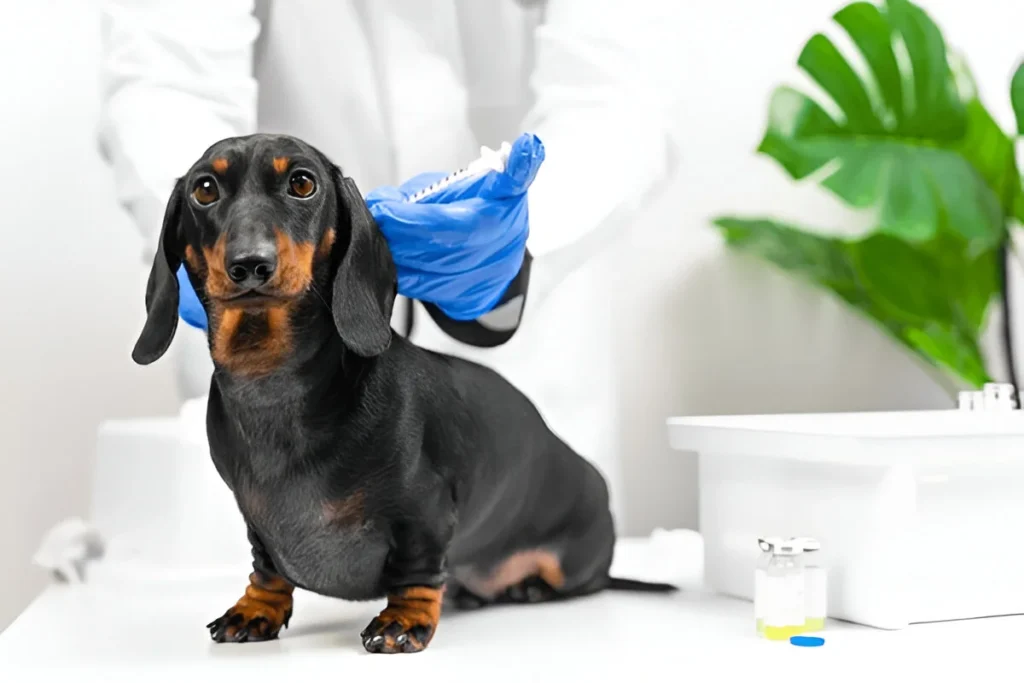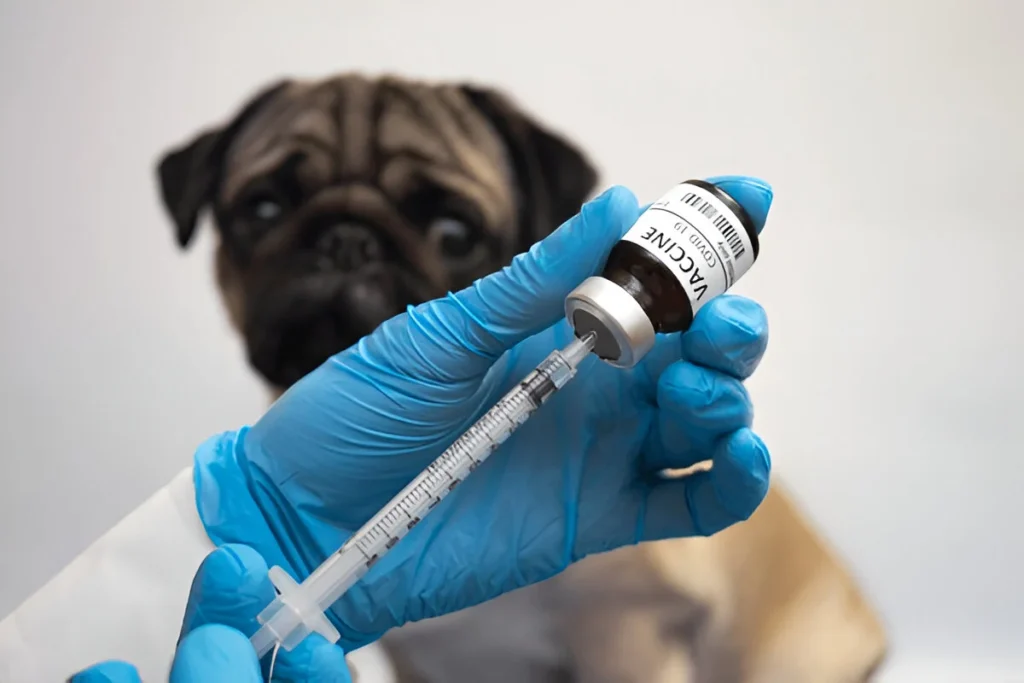-
Kutchina service center, Kolkata - 700010
Kutchina service center, Kolkata - 700010

Safe vaccination plans for pets are explained by the Best Pet Clinic in Kolkata to keep your furry companions healthy, protected, and full of life.

For every responsible pet parent, keeping a furry companion safe from harmful diseases is a top priority. Vaccinations play a vital role in this journey, helping prevent serious illnesses that could otherwise affect a pet’s health and even shorten their lifespan. From puppies and kittens to senior pets, carefully planned vaccinations ensure long-term well-being and peace of mind for families.
But the big question many pet owners ask is simple—where to find safe vaccination plans for pets that truly suit their unique needs?
Pets, much like humans, are vulnerable to viruses, bacteria, and parasites. Vaccinations are designed to trigger the immune system, training it to recognize and fight infections effectively. Beyond just individual protection, vaccinations contribute to the larger safety of communities by reducing the spread of contagious diseases.
Some key benefits include:
When exploring safe vaccination plans for pets, it’s important to know the difference between core and non-core vaccines.
Core Vaccines:
Non-Core Vaccines:
A trusted veterinary expert will guide you in tailoring vaccination schedules based on your pet’s breed, age, and environment.
Not all vaccination approaches are the same. Safety and suitability depend on understanding your pet’s health profile and the reputation of the veterinary clinic you choose.
Here’s what to look for:

Finding the right vaccination plan often comes with doubts and concerns. Here are answers to some frequently asked questions.
1. At what age should pets start getting vaccines?
Puppies and kittens usually begin vaccinations at six to eight weeks of age. Your veterinarian will create a timeline for booster doses.
2. Are vaccines safe for all pets?
Yes, but some pets with underlying conditions may require modified schedules. Always consult a vet before proceeding.
3. How often should vaccines be repeated?
Some vaccines need annual boosters, while others last three years. A veterinarian will keep track of the right timeline.
4. Do vaccinations have side effects?
Mild side effects like soreness or slight fever can occur, but serious reactions are very rare. Monitoring your pet after vaccination is important.
5. Can indoor pets skip vaccinations?
No. Even indoor pets are at risk from viruses carried on clothes, shoes, or through occasional outdoor exposure.

When considering safe vaccination plans for pets, it’s not just about disease prevention. It’s about ensuring:
Vaccination is a lifelong commitment, and selecting the right clinic plays a crucial role in that journey.
A reputed veterinary clinic ensures vaccines are given in a hygienic environment, with complete record-keeping and emergency support if needed. Pet parents also benefit from additional services such as health checkups, nutrition advice, and early detection of possible conditions during vaccination visits.
Choosing where to vaccinate a pet is a decision built on trust. Clinics that prioritize ethical care, transparency, and empathy are more likely to provide both safe vaccines and a supportive environment for pets and their families.
Vaccinations are not just medical steps; they are promises of protection and care. By opting for safe vaccination plans for pets, owners secure healthier, happier lives for their companions and strengthen the bond they share. A thoughtful approach, guided by expert veterinary care, ensures that pets stay active, safe, and loved every single day.